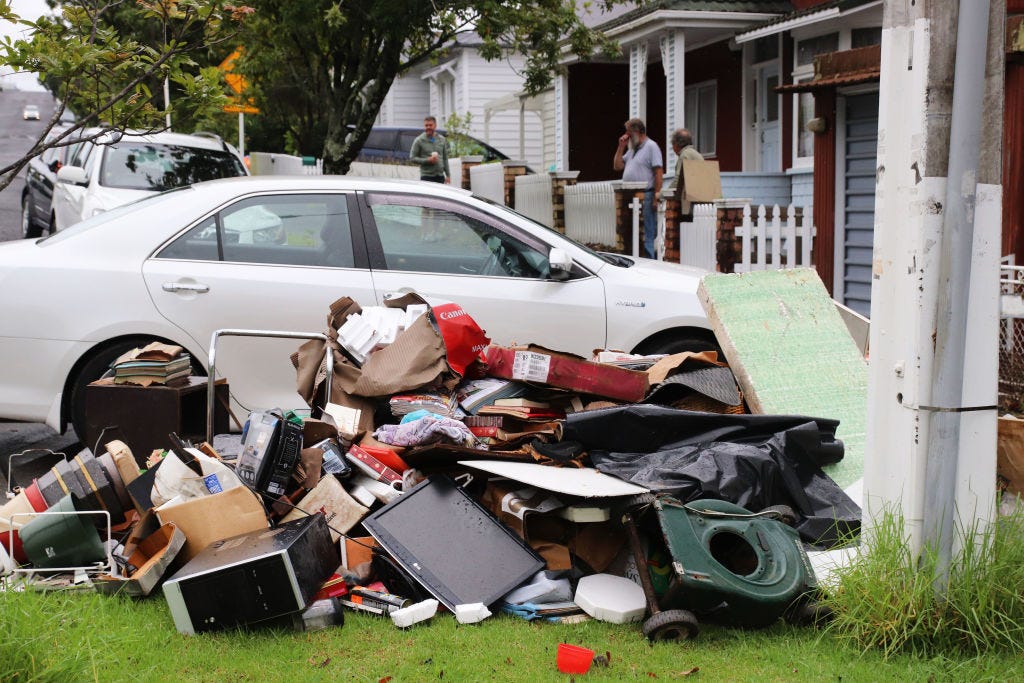
TL;DR: The costs of climate change are already bearing down on councils and Governments, forcing decisions on the run about who pays and how they pay, but leaving the issues of intergenerational fairness and long-run climate liabilities unaddressed.
The NZ Herald reports this morning Auckland Council is set to agree a 50:50 cost sharing deal with the Government to buy out land deemed unliveable by flooding and sea-level rise in the wake of Cyclones Hale and Gabrielle in January and February.
The Council is expected to agree to total spending of well over $1 billion to buy land and carry out other repairs, which will be funded by hundreds of millions in fresh borrowings and future rate hikes.
Paying subscribers can see more detail below and hear more in the podcast above. Join them in supporting our journalism in the public interest on housing, climate and poverty by subscribing in full. To paying subscribers: do you want it opened up? Please like and/or comment below. Over 50 likes is my threshold now.
It’s 50:50
Bernard Orsman reports this morning in the Herald’s front page lead that the Council will choose “hundreds of millions” in fresh borrowing and some future rate hikes to pay the $1 billion-plus for its 50:50 share of the cost, after insurance payouts, of buying back land and repairing infrastructure in the wake of cyclones in early 2023. News NZ Herald (free) link
Here’s the reported details:
Auckland Mayor Wayne Brown and Finance Minister Grant Robertson sealed the deal on Tuesday. Councillors were briefed on the details yesterday and are expected to approve it behind closed doors at today’s governing body meeting.
The Herald understands the buy out deal is the same 50/50 cost-sharing approach reached between Hawke’s Bay councils and the Government earlier this month.
To pay for its share of the buy out scheme and other costs when the council’s finances are in a dire state heading into a new 10-year budget, it is understood the plan is to borrow hundreds of millions of dollars covered by extra rate rises over the next couple of years.
Here’s what some homeowners care about:
When the Herald spoke to red-stickered property owner Luci Harrison in June, after the Government and council announced a buy out scheme was in the works, she remained concerned about how much she would be offered for her house if she was bought out.
Her Parnell property was damaged after land from a council-owned reserve behind it slipped and ate away at the ground her house stood on.
“It’s a logical solution to do what they’re doing. But it all depends on the value of what the buy outs are,” Harrison told the Herald.
“Whether they’re at the rateable value or whether they are a value that has been independently evaluated - that’s going to be interesting to see what they come up with. I will be hoping it’s at least CV, which would be good. At least CV or market value.”
A sign of the climate times story
Aotearoa isn’t ready for climate retreat. West Auckland home owner Nicola Farley talks via 1News last night about being unable to return to her home six months after being flooded out for a second time in a year. Her insurer IAG declined her EQC claim for land repairs and is waiting for a structural assessment. Nicola hasn’t been able to live with her two teenage sons. 1News link
After seven months, Farley was frustrated with the "back and forth" with insurance.
"I'm tired of the waiting, I'm tired of the uncertainty, I want to live in this house, I love the area. I want to floodproof it."
So what? Without any leadership so far from central and local Governments who have kicked the Climate Adaptation Act can out past the election, decisions about damage repair and retreat after Cyclones Hale and Gabrielle are defaulting to insurers and councils on a case-by-case basis. Rightly, it should make everyone buying a home worry they’re vulnerable to extreme climate events and the whims of insurers, who can make their properties unbankable and therefore worthless with a single (non) renewal letter.
The unsettled questions:
Should taxpayers at large buy land or compensate owners forced to retreat?
Who should decide who gets to go or stay, and who gets help? How should the costs be split between The Crown, Councils, insurers and landowners in such events? (Currently they are decided on a case-by-case basis)
Is The Crown’s net debt limit of 30% and the ban on councils running deficits sustainable in the coming century of extreme climate events?
At what point should moral hazard be an issue to think about for home owners, councils, The Crown, insurers and bankers? When does responsibility for climate denial or ignorance kick in?
How big is clearly-underestimated drop in the net present value of Aotearoa’s land on who’s balance sheet should that be declared? Ultimately: who is going to take the haircut?
Who are we kidding? Ourselves. Not the planet.
BusinessDesk published an excellent piece of data journalism from Cecile Meier yesterday that showed most of the stuff we congratulate ourselves for recycling is actually just shipped overseas. BusinessDesk news link (paid)
While all glass collected (103,382t) was recycled onshore, half of the 114,887t of paper and 21,171t of plastics collected were sent offshore in 2022. About 30% of cardboard, tins and steel were sent offshore as well.
PM working from beside his daughter’s hospital bed
PM Chris Hipkins posted on Facebook late yesterday he was taking the next couple of days off his official engagements to be with his four-year-old daughter at Wellington Hospital. She is receiving treatment for a blood-cotting condition called Von Willebrand syndrome. He said he would work from the Hospital and colleagues would step in for him for those engagements. 1News
Why is this news? He’s the PM so he had to say why he was cancelling engagements His post was a normal, human and authentic way to tell his bosses (us). It’s not, as Heather Duplessis-Allan said on NewstalkZB yesterday, some sort of cynical plea for public sympathy that voided his previous comments about not wanting his children to be public figures.
Surprise. ACT has some anti-vaxxer candidates
ACT candidate, Elaine Naidu Franz, immediately resigned after 1News’ Press Gallery reporters Benedict Evans and Felix Desmarais reported last night she had compared vaccine mandates to Nazi concentration camps online. Another candidate and senior party member had apologised for online comments including suggesting drowning victims had died due to the Covid-19 vaccine. 1News link
Responding to a LinkedIn post by Seymour a year ago, Naidu-Franz said: "If you are wondering how the Nazis were able to come into power and do all the horrific things that they did, well you are looking at the start of the process right here. So Mr Seymour, when can we expect those who are unvaccinated to start wearing armbands? When can we expect to see concentration camps and re-education camps? When can we start expecting to see troops on our streets rounding up people?"
So what? These won’t be the last candidates on ACT’s list to be exposed for past online comments about vaccines and all manner of theories from rabbit holes. It matters because on current polling ACT would increase its number of MPs to 14 from 10 after the election October 14. Many on its list have not been examined publicly in detail and won’t be in the ACT’s internal vetting appeared sub-optimal in these reported cases.
Unanswered questions - What did every ACT list candidate say and do about the Covid restrictions and mandates?
We are cooling our jets after all
Stats NZ reported retail sales volume figures for the June quarter yesterday that were weaker than economists forecast. Volumes fell 1.0% in the June quarte from the March quarter and came after quarterly falls of 1.6% and 1.1%in the March 2023 and December 2022 quarters. The data suggests consumers are ‘cooling their jets’ faster than previously thought, which may allow the RBNZ to keep the cash rate on hold for longer, rather than hike it again in November, as a couple of bank economist teams (Westpac and ANZ) are forecasting. Stats NZ data link
So what? This is one of the first components of June quarter GDP to be reported, so the full picture may change before we get full GDP data on September 21. But it suggests the economy may be about to extend a shallow recession. About a third of the mortgage rate re-fixings applying monetary policy’s brakes are still to happen. It’s actually a bit uglier than it looks at first blush because the 1.0% fall in volumes happened despite significant population growth, wage inflation and an unnatural boost to car sales in the June quarter ahead of a reduction in clean car subsidies.
Open questions: Is this a sign the RBNZ doesn’t need to hike again? Will it bring forward a first rate cut from the current market view of late 2024? My current 10 cents worth is the RBNZ will watch and wait from here until well into next year. A lot will depend on whether China keeps slowing, what happens to US interest rates and who wins the election.
(Not so) Fun fact: Real per-capita retail spending is back to pre-covid levels.
More migrant abuse revelations
Steve Kilgallon reported for Stuff yesterday from anonymous Immigration NZ whistleblowers that managers forced the open slather approach to Accredited Employer Work Visas (AEWV) that has led to massive fraud and abuse against temporary workers from India, Bangladesh, China and Latin America. Stuff news link
There are now (at least) two official inquiries under way, although current Immigration Minister Andrew Little defended the AEWV system through weeks of reports of fraud of abuse before finally announcing a ministerial review last week.
Here’s the eye-popping detail:
An instruction from Alison McDonald, MBIE’s deputy secretary, immigration, told staff to skip checks on almost all applications under the scheme - and Stuff has been told only two employers, from 27,894 applicants, have been declined accreditation under the system.
Visas under the scheme have been approved at an average of 96 per cent.
McDonald’s instruction told immigration staff to do no verification work on low-risk and medium-risk applications. On high-risk applications, staff were told to do ‘quick’ verification - understood to be reading documents and performing a Google search - and only step up to further checks after receiving permission from a ‘technical advisor’.
“There was not any appetite for declining accreditations... we had to approve them, and it became a tick box exercise,” says one staff member.
“There is pressure to make fast decisions and not address the risks. Were told risks would be dealt with later. Nobody was happy about it, nobody felt comfortable about the risks we were creating. Senior management pushed it through.”
Unanswered questions: Who ordered the open slather approach? Was it the minister(s) last year? Michael Wood and Kris Faafoi were the ministers last year. Did they order it on the authority of cabinet? And why? What level of population growth does the Labour Government (and the Opposition) want in the longer term? Have we built the infrastructure to cope with that growth? Are our debt limit and funding systems able to handle the necessary infrastructure and services expansion?
Separately, Jonathan Milne reported for Newsroom that officials are investigating allegations of migrant abuse against some large National Party donors. Newsroom news link (free)
Officials are investigating business leaders for using their former home in east Auckland to house up to 30 migrant workers
Tenants have claimed there were initially no smoke alarms and sometimes no electricity at the big five-bedroom house they were crammed into in the affluent suburb of Shamrock Park.
Auckland Council and MBIE Tenancy Services both kicked off investigations in June, after complaints about the house being used unlawfully as a migrant workers' hostel.
The 553 square metre house, with a rateable value of $2.97 million, is owned by a couple who are among the biggest donors to the National Party.
MK Trustee's owners and directors are Geumsoon Shim (known as Jean) and Lian Seng Buen, who also own and operate companies including Buen Holdings and health exporter Alpha Laboratories. The latter is a contract manufacturer of oral dose supplements, employing 260 people at its Crooks Rd headquarters – which were opened by former prime minister John Key in 2014.
Just briefly
Social housing tenants in Wellington are receiving rent increases of up to $85 a week, in part due to the Government deciding it could not afford to extend its income related rent subsidy to tenants from council flats moved into a trust. The cost is $13.2 million. It will make vulnerable people miserable. Some say it will force them out of their home.
The Labour Government has talked up its record on social housing since 2017. In my view, this is a blight on that record. It is choosing a fraction of a basis point in lower interest rates over the fundamental needs of vulnerable people. It is choosing ‘bread and butter’ for homeowners and landowners over ‘bread and butter’ for poor tenants.
Here’s Ethan Te Ora’s excellent report this morning via. The Post (paid) newslink.
“This whole system is broken. We should be getting access to the income-related rent subsidy (IRRS) – but the Government just doesn’t care.”
The IRRS is a Government subsidy, setting social housing tenants’ rents at 25% of income.
It’s available to tenants with Kāinga Ora, or new tenants with community housing providers (CHPs) – but not tenants in council housing, a situation which critics have referred to as “a two-tier system” .
Ultimately, the establishment of Te Toi Mahana was an attempt to access this subsidy and save the council’s housing operation; the trust is a registered CHP.
But the change doesn’t help its existing tenants, who still aren’t eligible for the subsidy.
Councillor Tamatha Paul called that policy line “cruel and arbitrary”.
“At the end of the day, the very real pain and strife that tenants are feeling with the recent round of rent increases could all very easily be ended if the Government gave councils access to subsidy.”
National has pledged to fund $180m for 13 cancer drugs, but the Cancer Society says National will also have to fund improvements in infrastructure, staffing and training. RNZ news link Surely National thought about the costs beyond the drug costs?
Australia yesterday launched a two-year inquiry into its competition laws on concerns large companies are misusing market power to block competition and inflate their profits. It will focus on mergers and acquisitions and non-compete clauses. Ministerial statement The ACCC is a a good example for our Commerce Commission.
National has changed its mind on fees-free tertiary education and won't abolish it if elected to government. Newshub news link This is how middleclas welfare sticks.
In another sign of the stress the health system is under this winter, Christchurch’s 24-Hour Surgery will close its doors over several nights in the coming weeks because of nurse shortages. Westport has also had to close its A&E overnight in recent weeks. The Press (paid) news link
Psychological organisations are calling on political parties to urgently increase funding to train more psychologists with an estimated 1000 more needed to keep up with current demand. The NZ Psychological Society, NZ College of Clinical Psychologists and NZ Psychologists Board want the funding added to election promises. The Press (paid) news link
Chart of the day
Arctic tipping points: dissolving ice cover & seafloor methane release
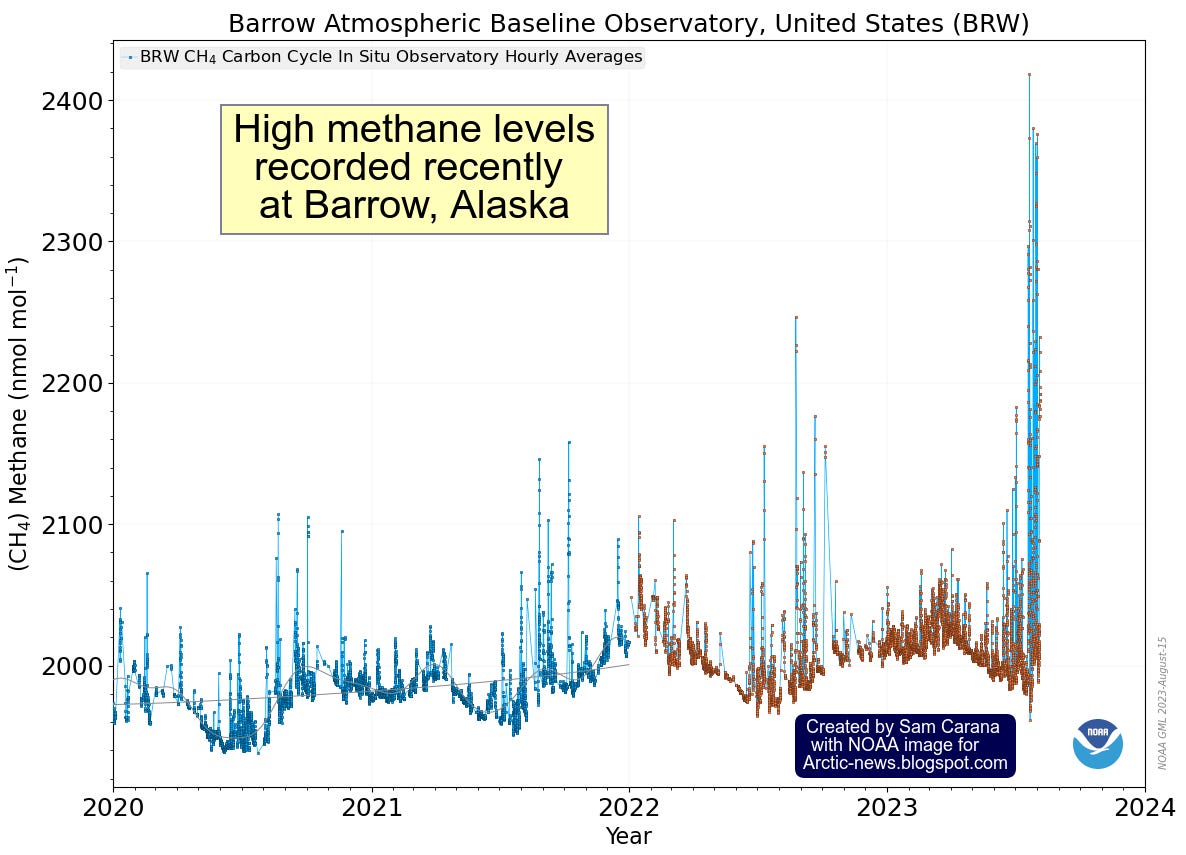
Useful longer reads
A Tairāwhiti family has brought a rare private prosecution against a logging contractor over the workplace death of their son in a Hawkes Bay pine forest, Rebecca Macfie reports for Newsroom. Always read Rebecca’s articles is a good rule of thumb, especially on worker safety. Her book on Pike River was a landmark that led to tougher health and safety rules.
Richard Brooking fought long and hard for a coroner’s hearing into his son’s death, which was held in Gisborne in mid-2021. By that time, Niko Brooking-Hodgson was just one of more than 50 workers killed since 2015 across the forestry industry supply chain, including seven in the Tairāwhiti area alone. Among those victims were Niko’s cousin, Piripi Bartlett, who died almost exactly a year later. The cousins lie next to each other in the urupa at Te Araroa’s Paerauta Marae.
Maps of the day
How climate change is affecting global shipping right now
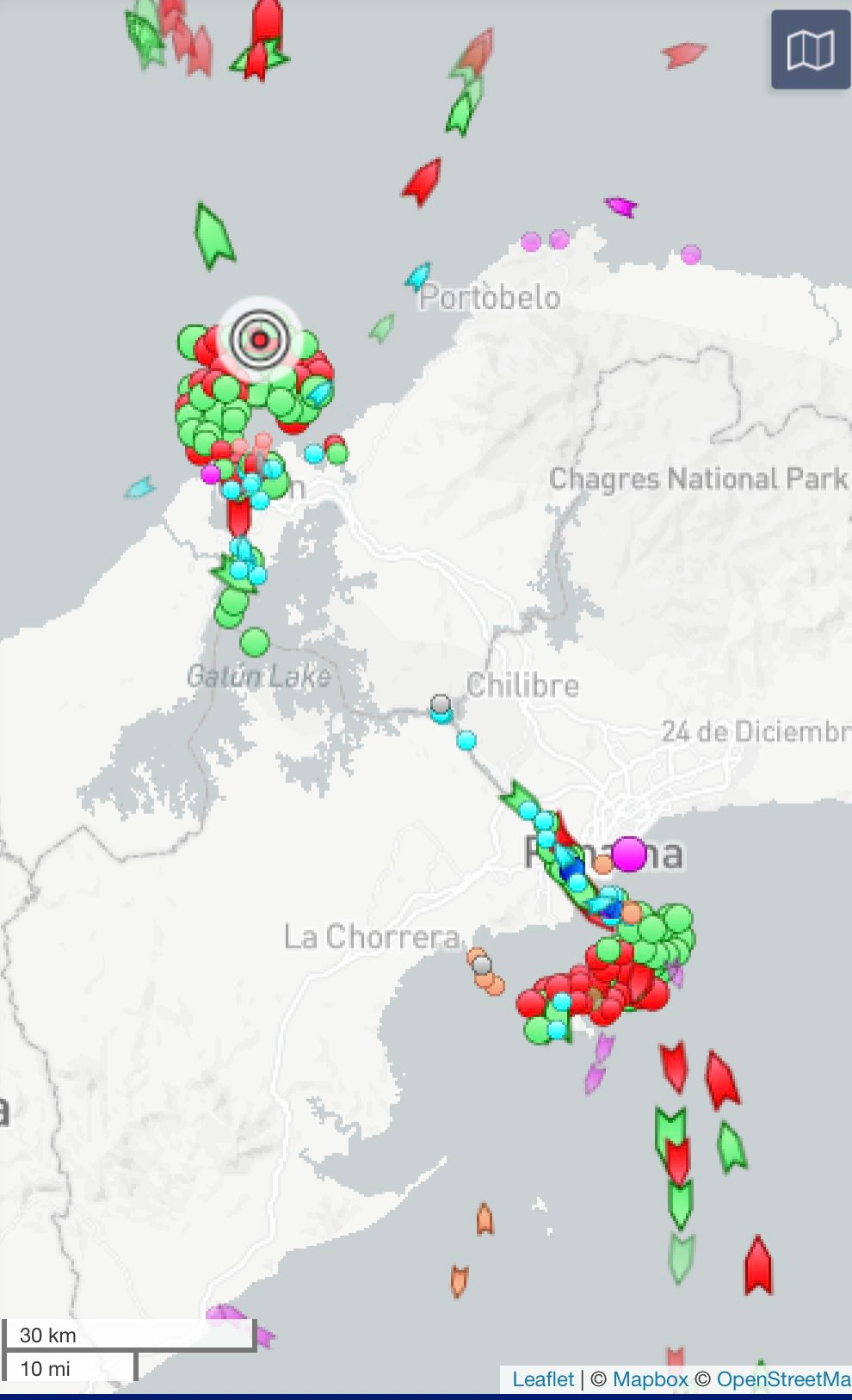
Cartoon of the day
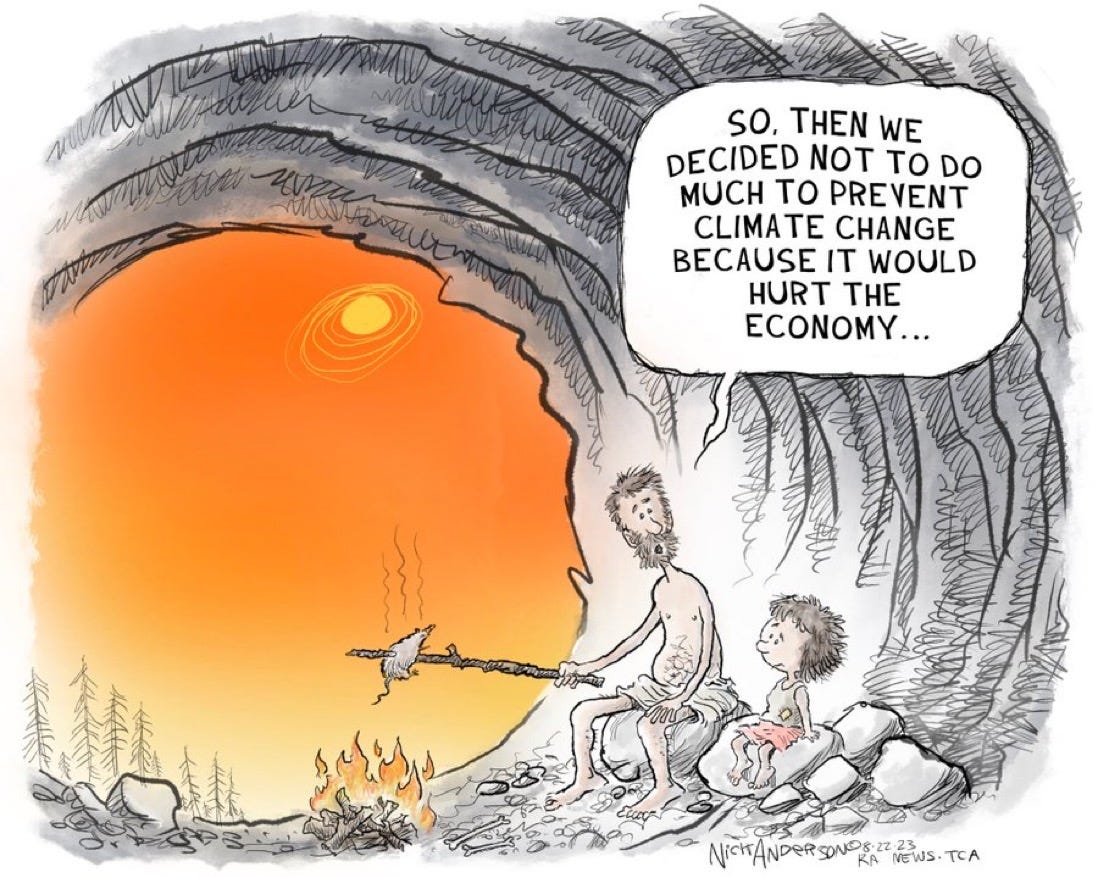
Ka kite ano
Bernard



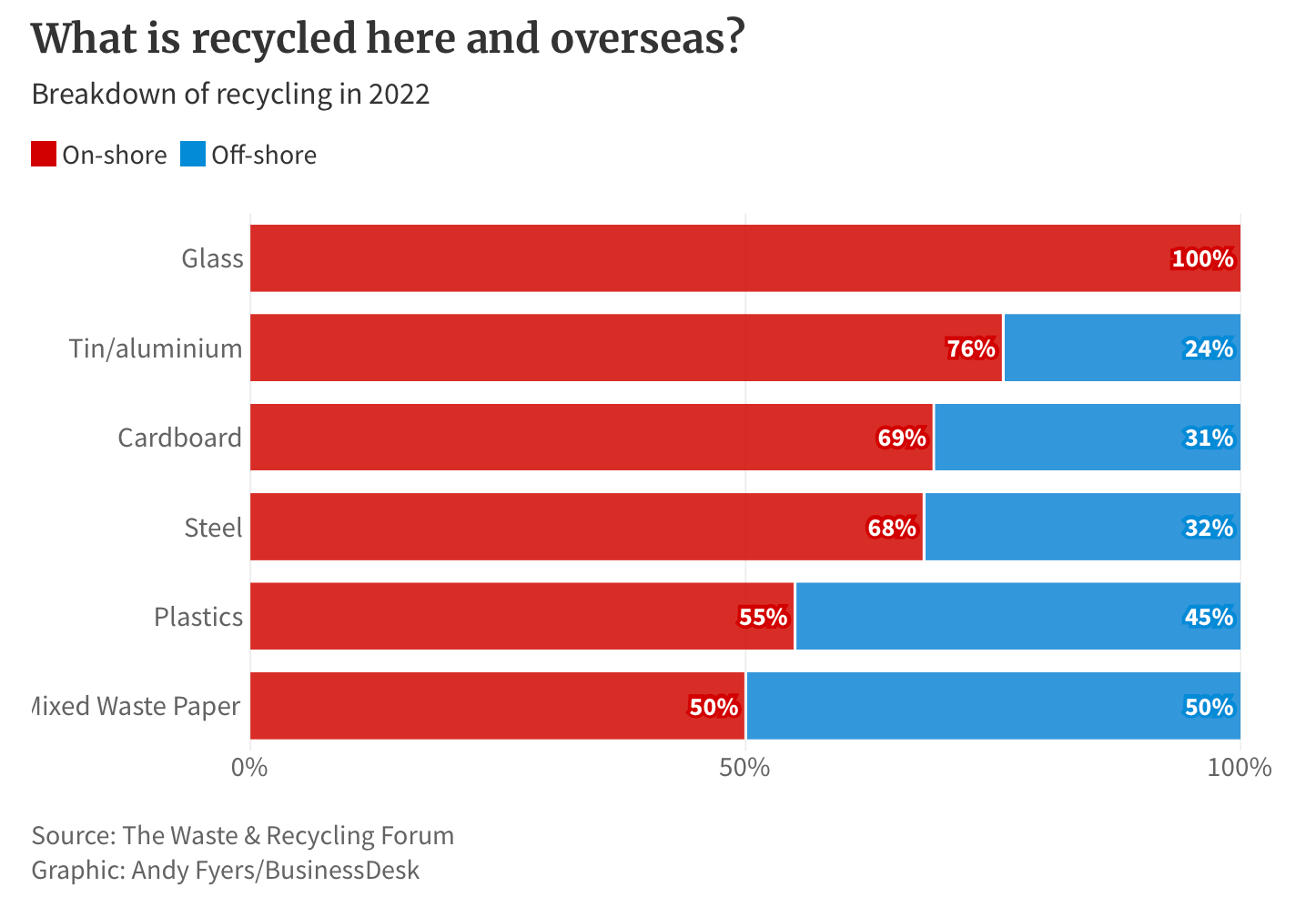
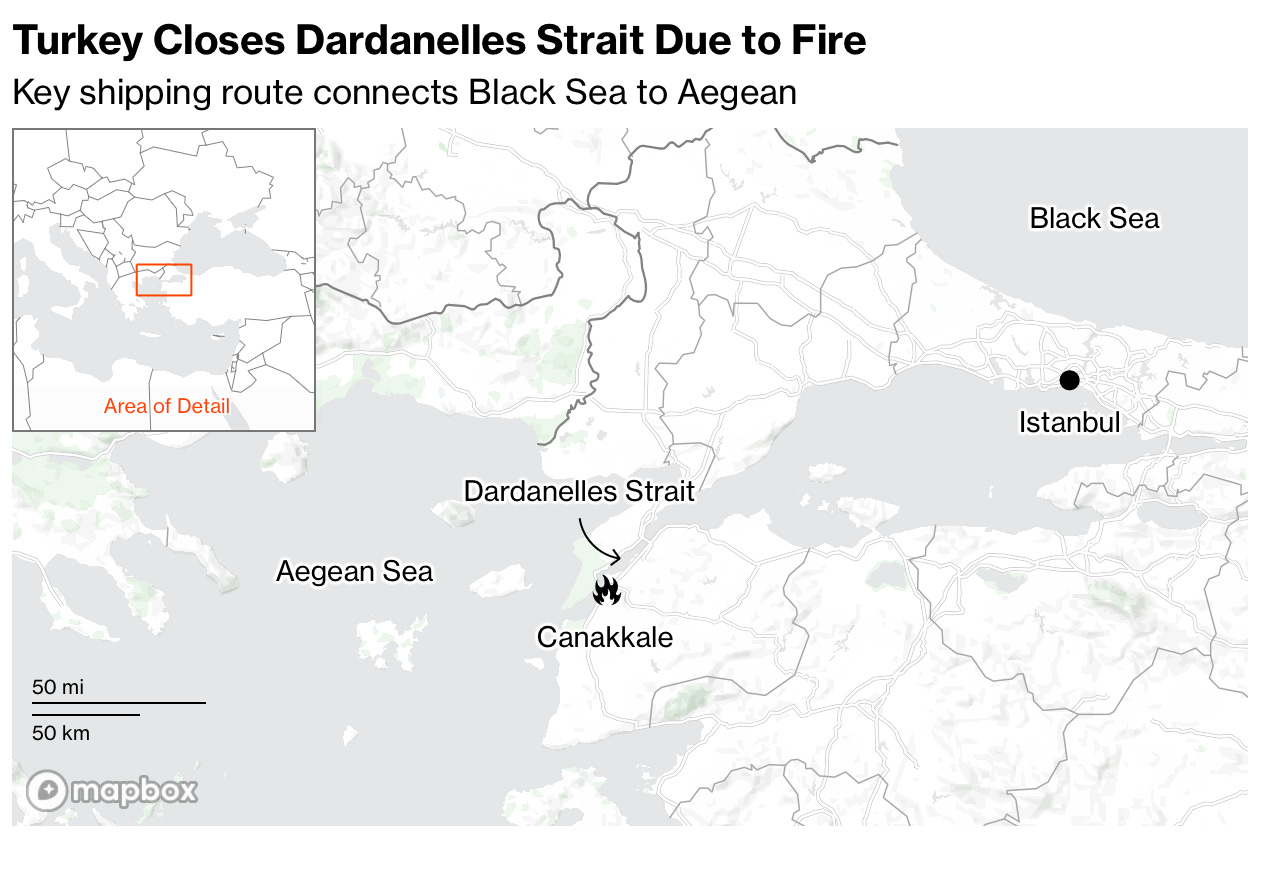









Share this post